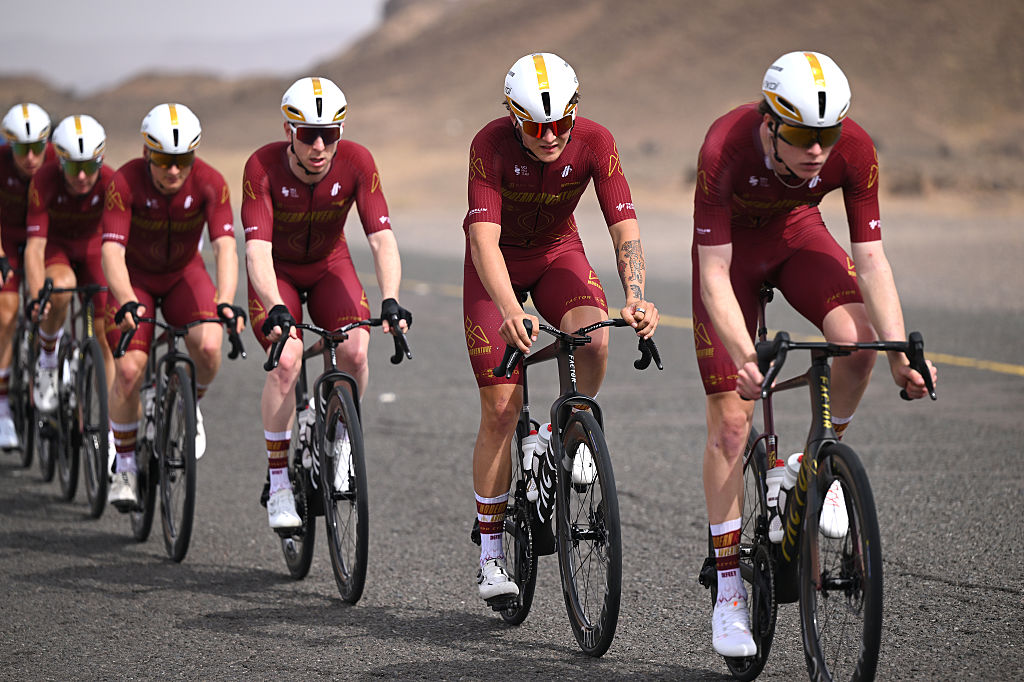Stade 2 programme claims UCI tipped off others about police investigation into mechanical doping
Typhoon bicycle head Gibbings denies any 'collusion'
The latest race content, interviews, features, reviews and expert buying guides, direct to your inbox!
You are now subscribed
Your newsletter sign-up was successful
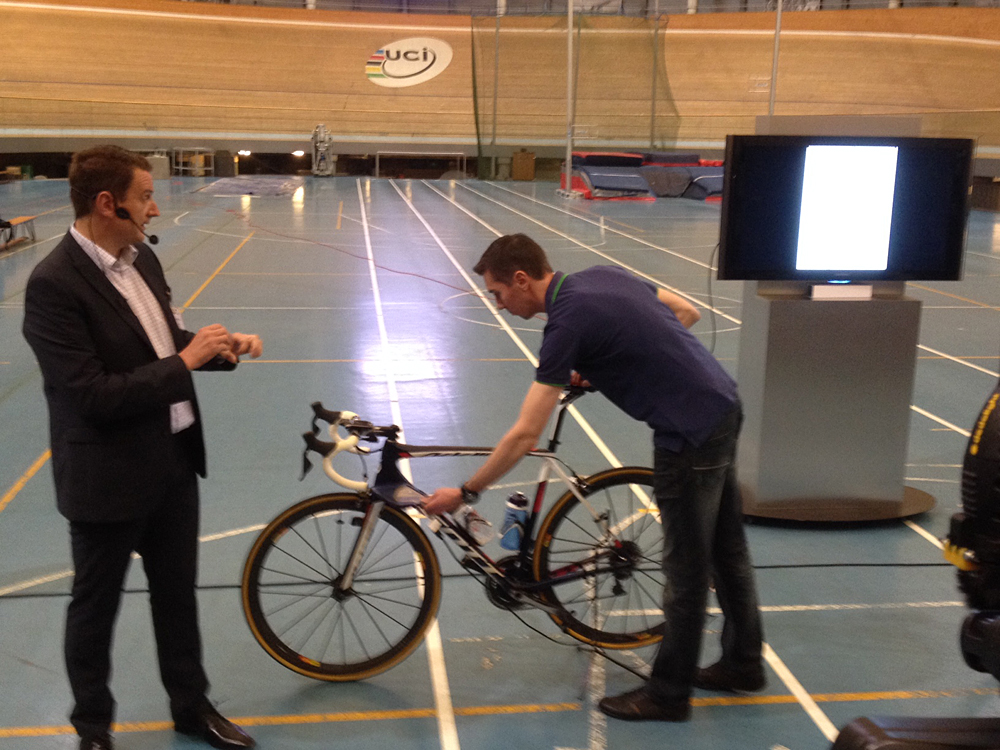

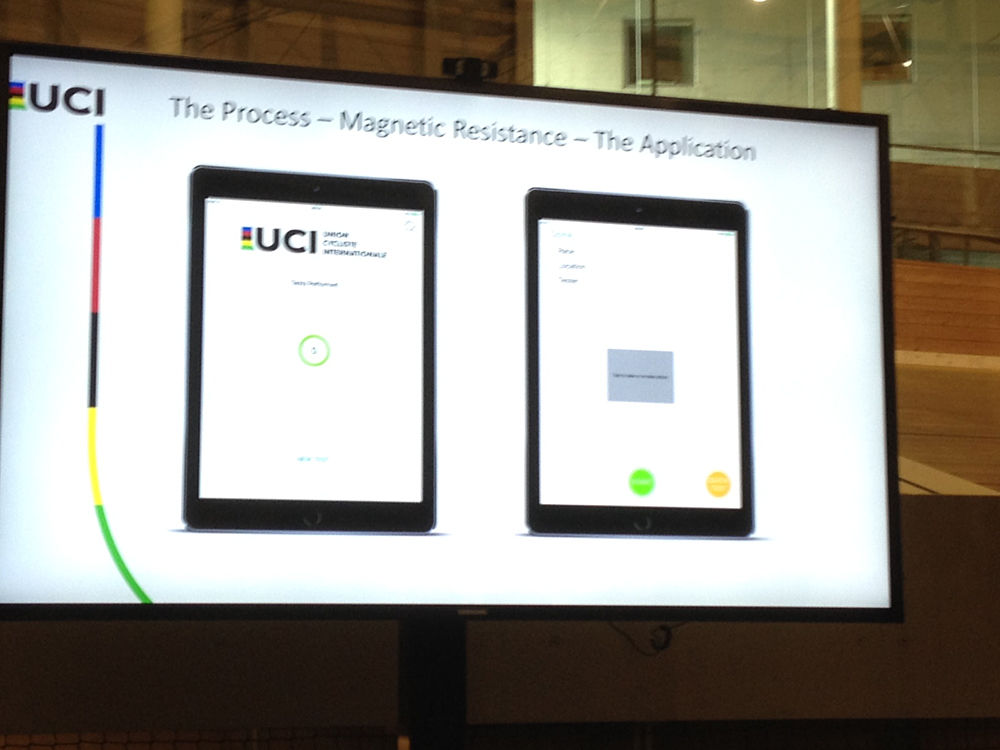
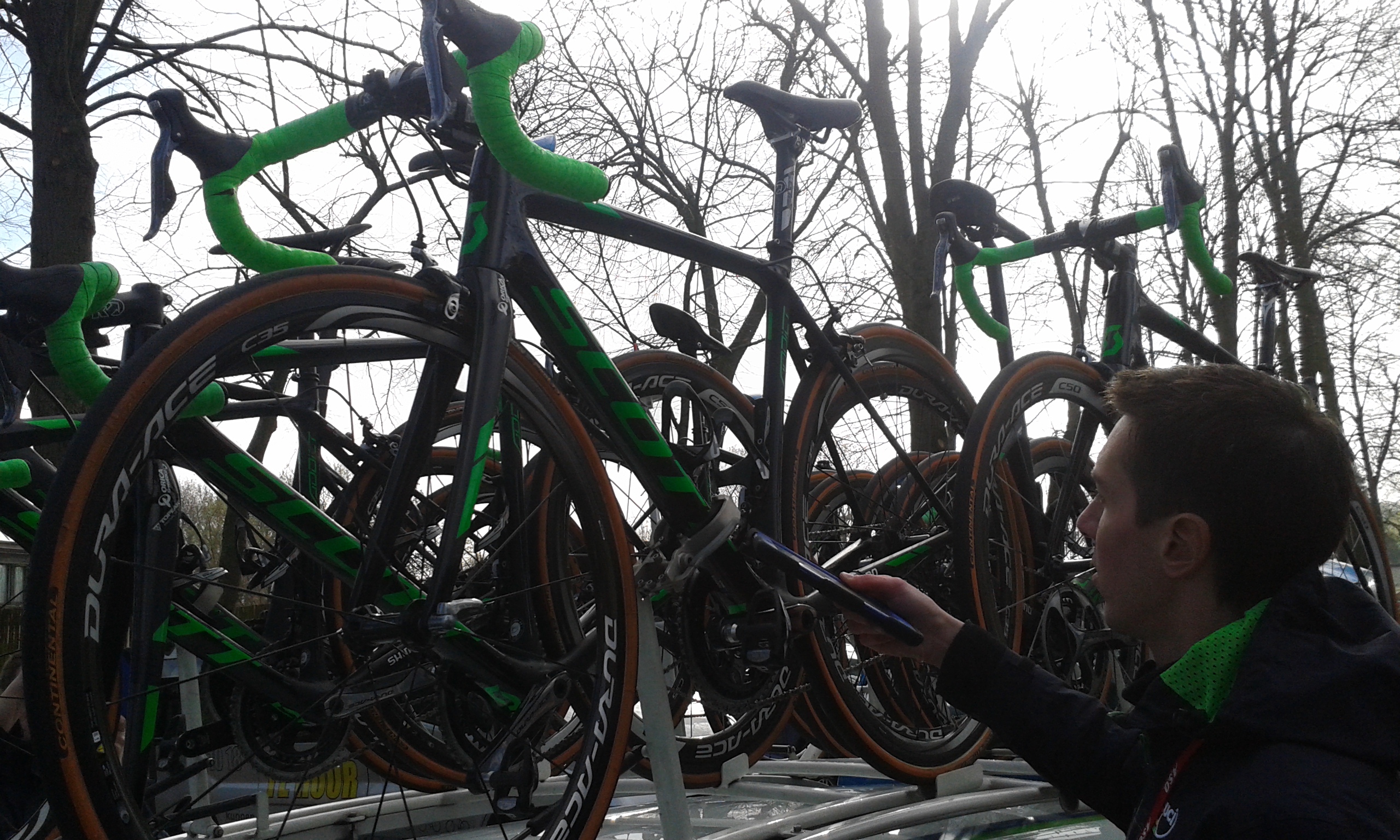
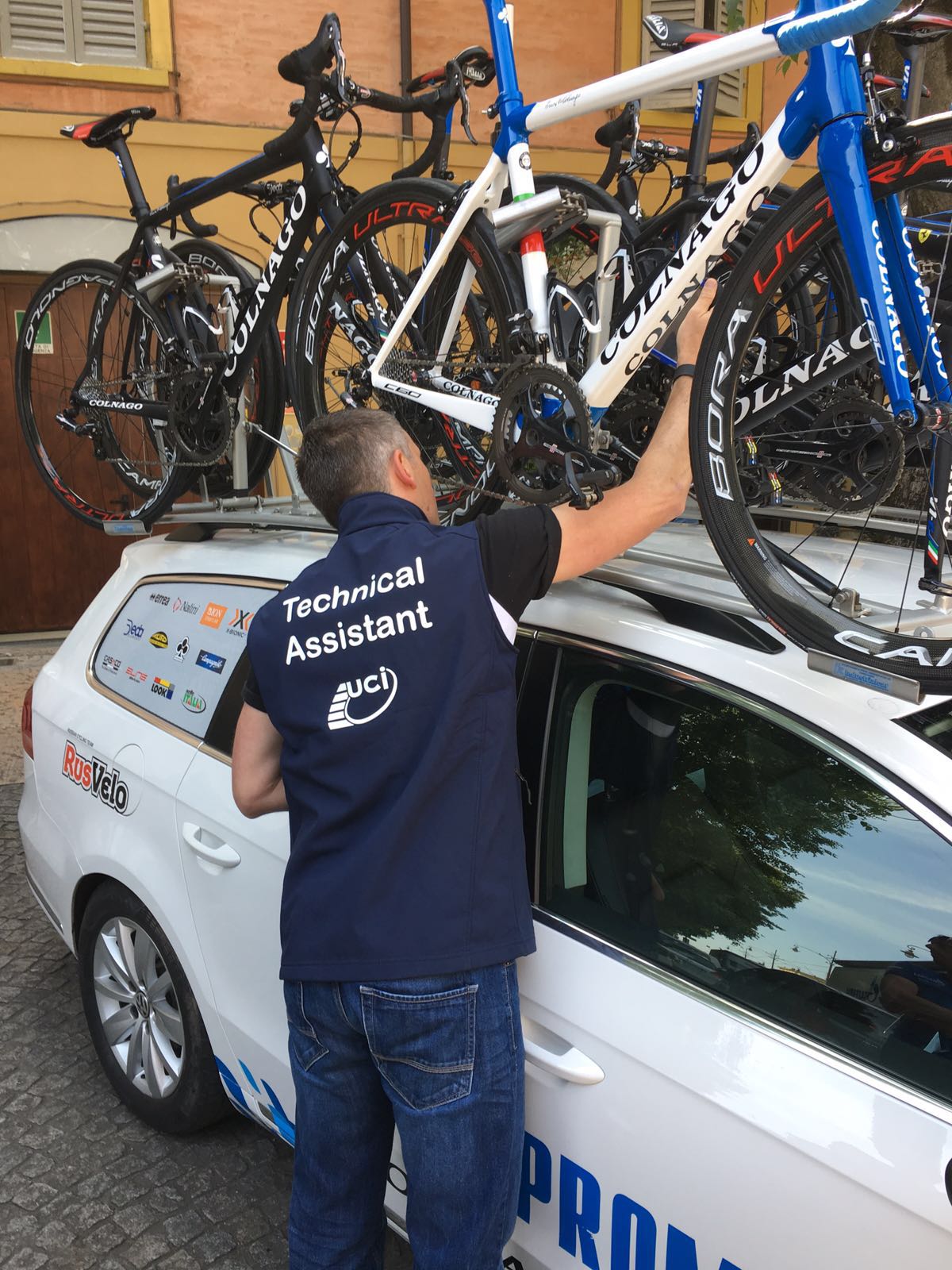
France Television programme Stade 2 has alleged that the UCI worked to disrupt a police investigation into mechanical doping during last year’s Tour de France. According to the programme, which was broadcast on Sunday, police spoke with the UCI last July to discuss reports that a ‘Hungarian’ had been trying to sell motors during the 2015 Tour.
The Hungarian in question is believed to be engineer Stefano Varjas, who was working for Typhoon bicycles at the time. The e-bike manufacturer has been working with the UCI on their motor detection at races. The programme showed screengrabs of emails between Mark Barfield, the UCI’s technical manager, and Harry Gibbings, the CEO of Typhoon bicycles, in July of last year. Stade 2 claims that Barfield’s email was a tip-off about the investigation, which allowed Varjas to leave the Tour before being questioned by the police.
“Hi, Do you have a phone number I can all you on straight away,” the message from Barfield to Gibbings read. “I’m sitting with French police who believe an engineer ‘Hungarian’ is visiting TDF today to sell a bike and visit teams, could this be your guy???”
Cyclingnews spoke to Gibbings, who confirmed the email conversation but says that there was no collusion between his company and the UCI and that they were not trying to disrupt the investigation. “They didn’t disrupt it. That’s the thing that I find most incredible about this. We’re partners with the UCI, and we’re trying to develop a system to stop cheating,” Gibbings told Cyclingnews.
“As partners, they knew that we had a Hungarian involved with us, and I suspect that they wanted to check me out and say: ‘Hang on, you’re partners with us, and now we hear about this Hungarian guy, is he your guy?’ There was nothing confidential. They were just asking ‘Is this your guy selling these? You told us you wouldn’t sell motors to riders, and now we hear that there is a Hungarian guy going around trying to sell motors to teams.’ All I could do was ask him, and he said no so I went back to them and told them that he had said no.”
Gibbings told Cyclingnews that there was no follow up from the French police but that he had questioned Varjas on several occasions regarding the matter and that Varjas flatly denied being at the Tour de France. However, when he submitted receipts for expense purposes several months later, they proved that he was in fact in France, though he still denied being at the race.
“When he submitted his receipts to the company, we saw that he had been in France. So I contacted him again, but he said ‘I was in France, but he wasn’t at the Tour de France,’” said Gibbings. “He kept on denying it, and I couldn’t prove it.”
The latest race content, interviews, features, reviews and expert buying guides, direct to your inbox!
Varjas left the company in December, with former Formula 1 mechanic Gary Anderson coming on board. Gibbings cited disruptive behaviour as one of the reasons behind his departure. He also claimed that it emerged Varjas had agreed and taken deposits for the sales of the motors used in Typhoon’s bikes. However, the manufacturer declined to supply these. Cyclingnews has not been able to confirm these allegations with Varjas. Gibbings says that he is now working with the UCI and the police.
“I sent his contact details to the UCI, and I’m going to try and get in contact with the police that they were talking to,” explained Gibbings. “I can’t prove that it was Stefano at the Tour de France last year because he denied it to me but I can give them the evidence that I have proving that he was in France at the time. I can just give the police the information that we have and the police, I hope and I expect that they would have full closure on what we do.”
The UCI carried out inspections for hidden motors during the 2015 season but stepped up their efforts this season after developing a new testing system with the help of the Typhoon bike company. The first ever definitive case was uncovered during the cyclo-cross World Championships when a motor was found inside the bike of Femke Van Den Driessche. She has since got a six-year ban.
Born in Ireland to a cycling family and later moved to the Isle of Man, so there was no surprise when I got into the sport. Studied sports journalism at university before going on to do a Masters in sports broadcast. After university I spent three months interning at Eurosport, where I covered the Tour de France. In 2012 I started at Procycling Magazine, before becoming the deputy editor of Procycling Week. I then joined Cyclingnews, in December 2013.
